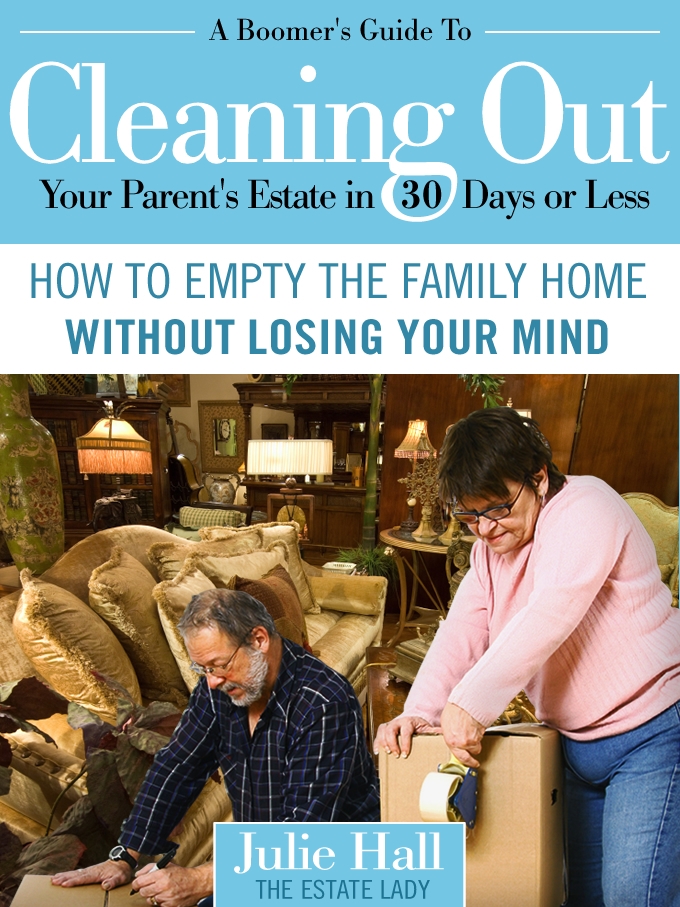It’s an observation worth noting: when it comes to dividing heirlooms and estate contents, everyone tenses up and no one wants to be the first to talk. You can sense the apprehension in the room, and it appears as if everyone is trying to predict what the other will do. Will my sister make a fuss? Will my brother want the same things I want, and if so, what do we do? Will there be fighting and resentment?
From the perspective of this 20 year veteran who has observed many families, we should be more concerned with our own behavior. If every heir was in tune with their own behavior and had the ability to stay on the peaceful path, there would be a lot less fighting in the world.
When a parent passes, particularly the last remaining parent, true colors, a few fangs, and an entitlement mentality will eventually surface. Most feuds break out for four basic reasons:
- A misunderstanding has taken place and has not been effectively dealt with
- Everyone grieves differently and emotions can be volatile
- A situation has been festering for years that probably took place during childhood and will now appear, causing all kinds of problems
- An heir perceives he or she is being cheated in the distribution of heirlooms
How do you contribute to a more peaceful resolution? Check back here next week for four valuable suggestions.



